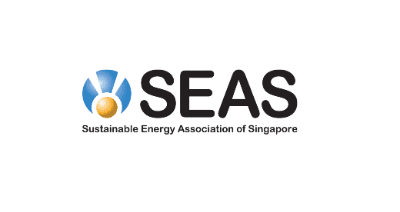
Accelerating the Energy Transition in Asia



Overview
With Asia-Pacific accounting for more than half the world’s population and leading the global rise in energy demand, a successful energy transition in the region is essential to any international efforts to tackle climate change and reduce emissions.
Many Asian countries have made significant strides in adopting renewable energy sources, particularly solar and wind. Governments are increasingly recognising the importance of diversifying their energy mix to reduce dependence on fossil fuels, with several in the region implementing policies and regulatory frameworks to support the transition to cleaner energy. There is also heavy investment in innovative technologies to improve energy efficiency and sustainability.
But achieving the stated regional target of reducing emissions by approximately 33% by 2030 will require more than $1.5 trillion in cumulative investment, according to a report from Bain & Company. And the trajectory is not uniform or guaranteed: Asia’s constituent countries are in varying stages of energy evolution and a number of barriers inhibit an accelerated transition, from inadequate infrastructure and political and regulatory uncertainty to social and cultural factors.
This briefing from the Financial Times – in partnership with ABB – will bring together industry leaders, policymakers and experts to assess the current status of the energy transition in Asia and what the next phases will look like.
World-Class Business Leaders and Speakers
Key Discussion Points
Regulatory Landscape in Asia
What are the regulatory frameworks and government policies impacting the region's energy sector?
Role of Industry
What are the roles of Asia's energy leaders in the journey towards energy transition and innovation?
New and Renewable Energy
How are offshore wind, carbon capture, hydrogen and liquified natural gas being integrated into energy matrices in Asia?
Why Attend?

Understand
The big picture, not just the individual strands of the business you work in

Discover
New approaches and strategies to help win market share
We are Here To Help
© Financial Times Live
FT Live and its journalism are subject to a self-regulation regime under the FT Editorial Code of Practice
